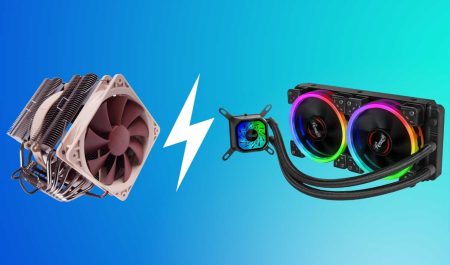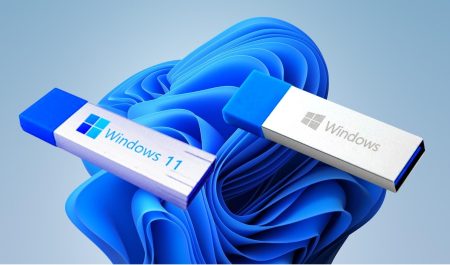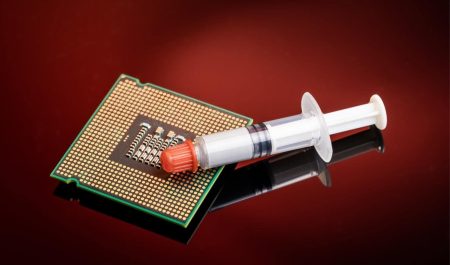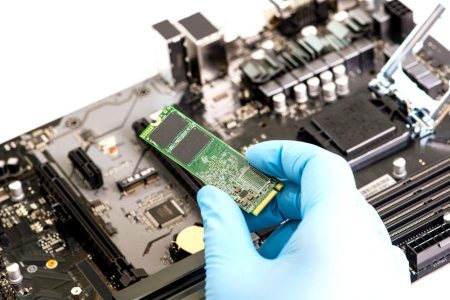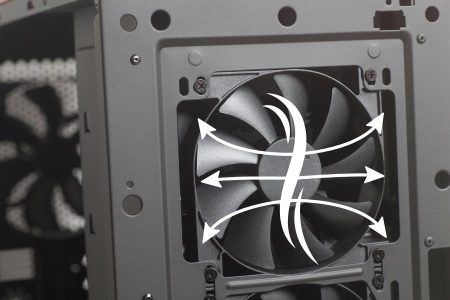When building or upgrading a gaming PC, the case is an important consideration. PC cases come in all shapes and sizes, and each has its own set of advantages and disadvantages, so how to choose a PC case for a gaming PC? To guide you to the ideal PC case, we go through each type and explain which PC case is good for a gaming PC build.
Some PC cases are more compatible with certain components than others, so it’s important to do your research before making a purchase. One of the important things to consider in a gaming PC case is the number of PCI slots available on the motherboard.
Most cases have a limited number of PCI slots, so if you plan on using multiple expansion cards, make sure your case has enough slots and also your motherboard has additional PCI-e x 16 slots to meet your requirements.
If you ask me what makes gaming PC cases unique, I will tell you that there are only two main categories of gaming PC cases that have the fewest compromises on gaming performance, and those are the full tower and mid-tower cases.
Full Tower Vs Mid-Tower Case Comparison Chart
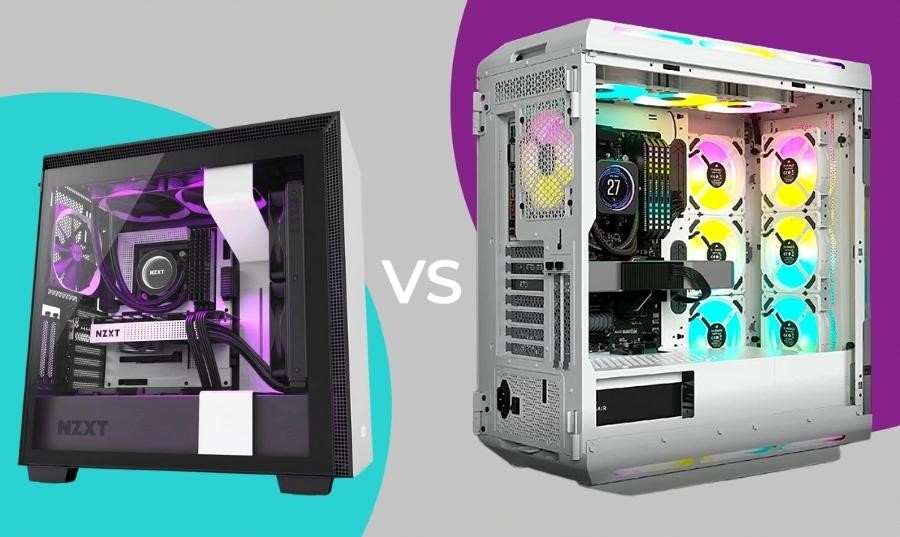
| Values | Mid Tower | Full Tower |
| Size (Dimensions) | Around 18 inches tall | Around 22 – 25 inches tall |
| Supported Motherboards | Mini-ITX, Micro-ATX, ATX | Mini-ITX, Micro-ATX, ATX, E-ATX, XL-ATX |
| PCIe Card Expansion Slots | 7 – 9 | 8 – 10 |
| HDD or SSD Drive Bays | 5 – 10 | 10 – 15 |
| PC Fan Mounting Locations | 6 – 9 | 10 – 15 |
| Maximum Length Radiator | Up to 360 mm | Up to 480 mm |
Full Tower PC Cases
Full tower cases are larger and offer more space for more powerful components. In my findings, full tower computer chassis can take either E-ATX, standard ATX, or M-ITX motherboards, which makes them flexible for future upgrades.
Mid Tower PC Cases
In comparison, Mid-tower cases are smaller and more compact for space-saving, and reasonably good for building a budget gaming PC. They offer flexibility for modern builds and are compatible with ATX and M-ITX motherboards.
Now which case is best for a gaming PC depends on your needs and preferences. If you want a powerful machine that can handle the most demanding games, then you’ll need a full tower case and make it worthy with high-end components.
What Are The Different Types Of Styles In Computer Cases?
For a gaming PC, all you need to do is measure the size of the case, and you’ll know which type of PC case is best for components. Such as which motherboard is the most important thing that makes your case a PC. In general, the best type of case for you is determined by your requirements.
Your requirements determine the type of computer case you select. You can consider a tower, desktop flat PC case, medium size compact PC case, or even the smallest size mini case to save space and resources. Or reconsider the open-air wall mount PC case.
Four Types Of Computer Case Sizes Comparison Chart
| Values | Full Tower | Mid Tower | Mini Tower | Small Form Factor (SFF) |
| Case Height | 22 – 27 inches | 17 -21 inches | 14 – 16 inches | < 14 inches |
| Motherboard Form Factor | EATX / ATX / Micro-ATX | ATX / micro-ATX | Micro-ATX / Mini-ITX | Mini-ITX |
| Purpose | Extreme Gaming PC Build | Best Gaming PC Build | Compact Gaming PC Build | Smallest Gaming PC Build |
Classifying 5 Types Of Computer Cases
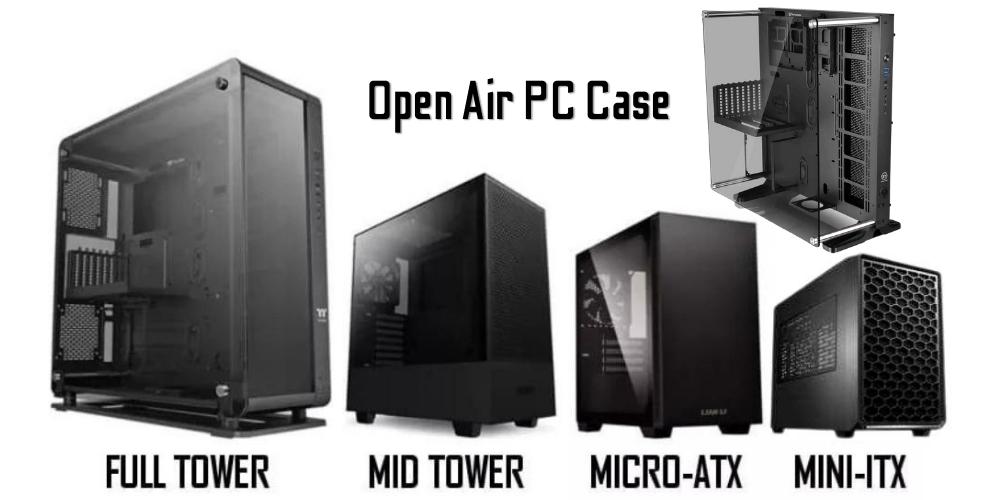
Here are the five different types of PC cases you can find helpful to decide which will benefit your build:
1. Full Tower Case
A tower case is the most common type. It’s tall and thin, with plenty of room for expansion cards, drives, and fans. If you want to build a high-powered gaming PC or a workstation, a tower case is a way to go.
2. Mid Tower Case
A mid-tower is similar to the full tower case, but it’s smaller. This type of case is good for people who want a powerful computer but don’t have a lot of space.
3. Desktop Flat PC Case
A desktop flat case is similar to a tower case, but it is shorter, wider, and sits flat on a desk rather than standing. As a result, it is more suitable for small form factor builds or home theatre PCs.
4. Open Air PC Case
An open-air PC case is a computer chassis that does not have a cover or panel to enclose the internal components while it can be wall-mounted. This type of chassis is referred to as a “benchtop” or “test bench” case with the advantage of greater airflow, allowing for easy access to the internal components and providing a better view of internal components via glass panels.
5. Mini Sized SFF PC Case
The mini-sized SFF PC case is a computer chassis that is significantly smaller than a mini-tower PC case and typically designed for use with small form factor (SFF) motherboards and components, which can help to save space on your desk.


